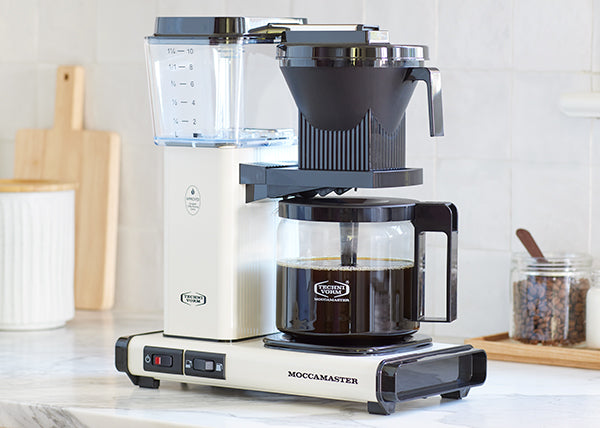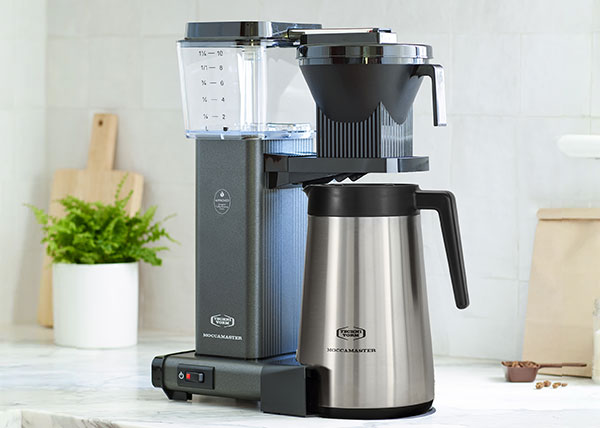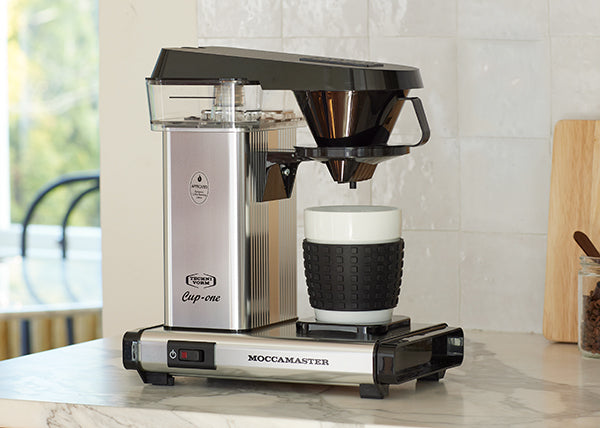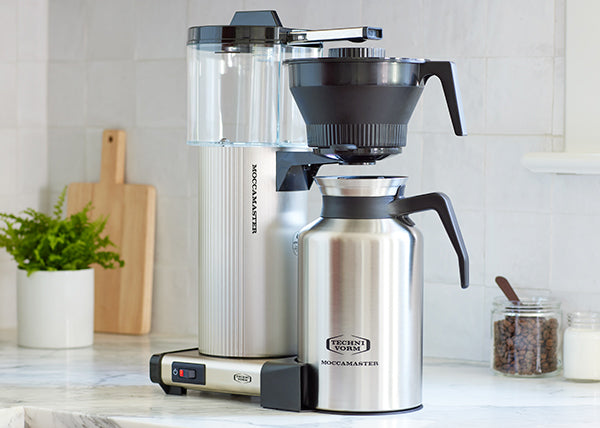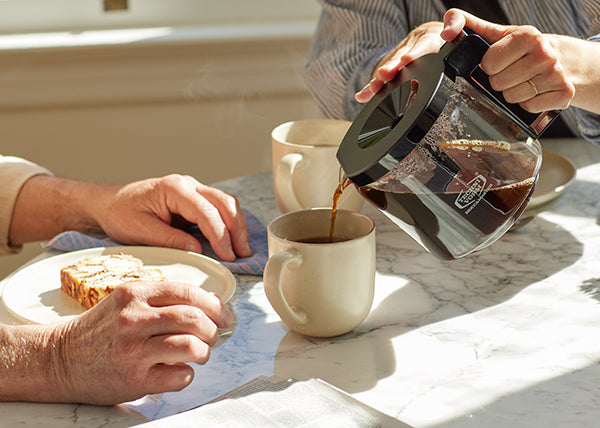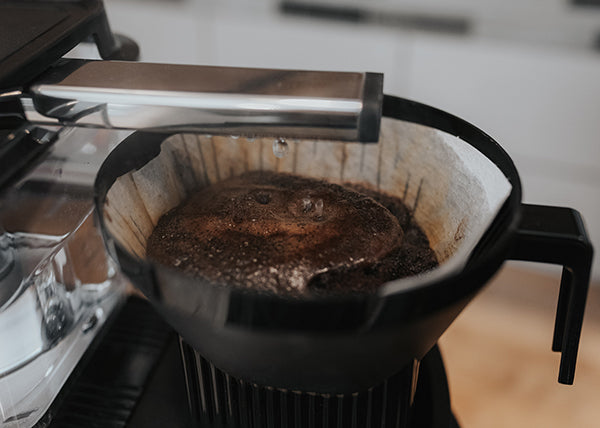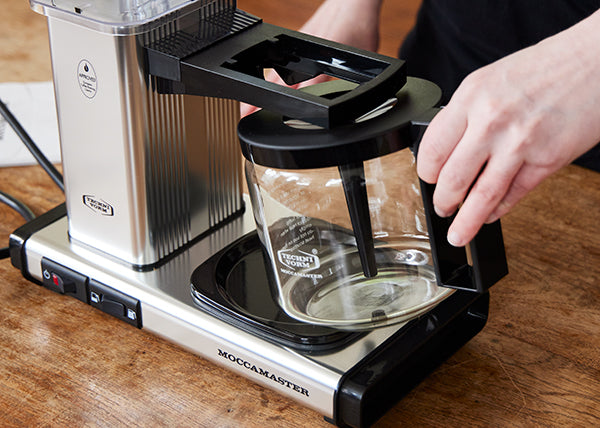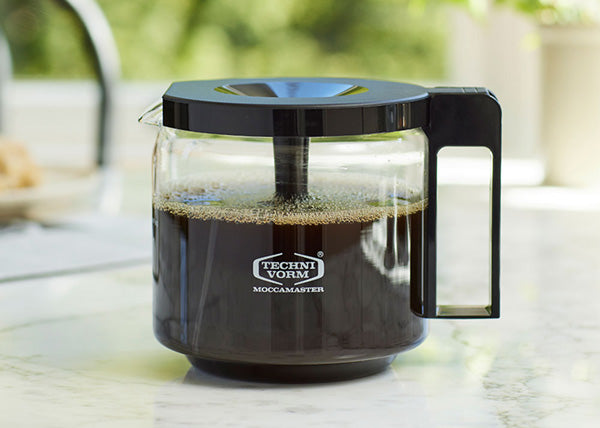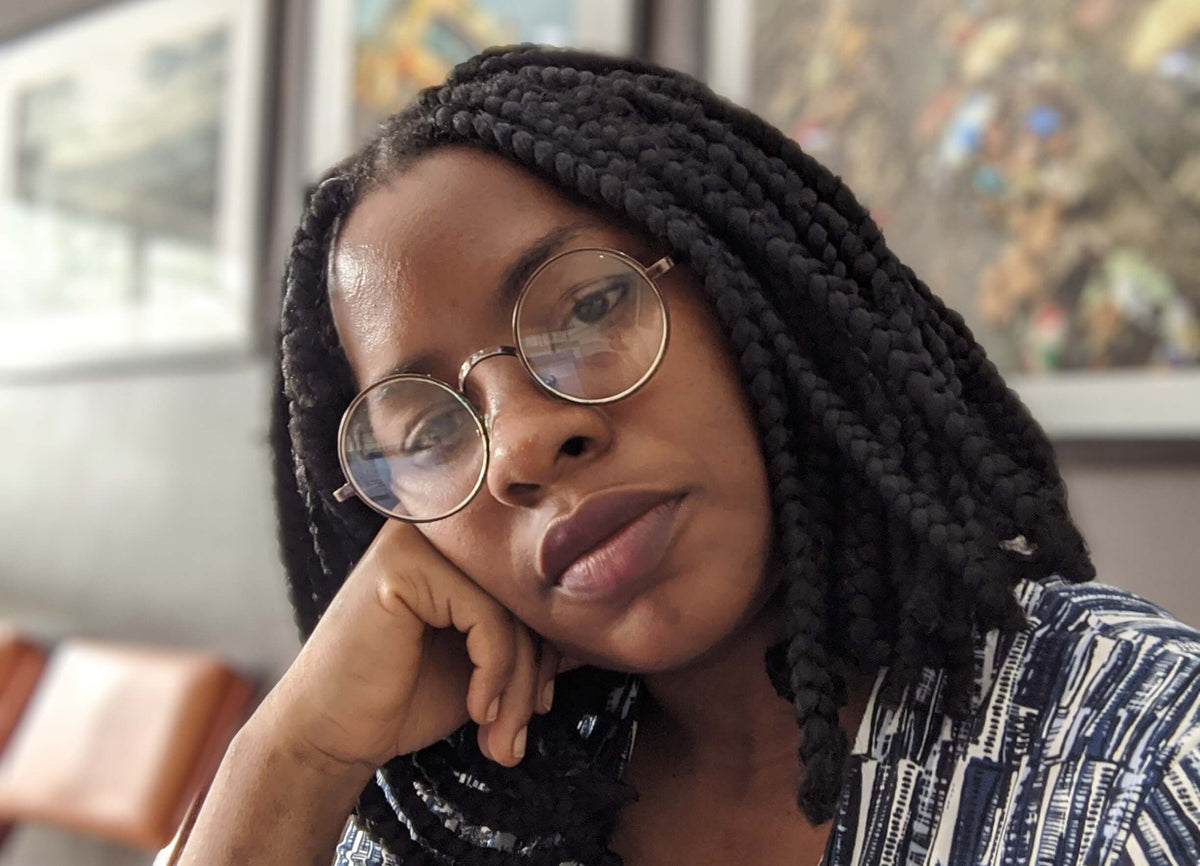When you think of coffee, your mind might jump to places like Seattle or Vienna, which have renowned coffee cultures. Or you might think of South American countries like Brazil and Colombia, which grow a lot of coffee. Yet the history of coffee starts in Africa, and while other regions have emerged in terms of having more production and consumption volume, the continent retains a strong coffee culture. Anyone who takes a sip of this delicious beverage is arguably connected on some level to the history of coffee, which likely began in Ethiopia before spreading around the world.
For Nneka Otika, a content marketing writer from Nigeria, falling in love with coffee has also meant tapping into this history and culture, as she connects with roots she didn’t realize she had.
“I didn’t grow up around a coffee culture. Coffee to me felt distinctly non-Nigerian,” she says. “I thought of coffee as more East African and stuff from other continents, especially Europe and North America.”
But she began developing an affinity for the beverage when she started working remotely in 2016. Coworking spaces didn’t fit her vibe, so she started going to coffee shops. In doing so, she started to think more about the sustainability of coffee, given the prevalence of plastic cups. That also made her think about the sustainability of her coffee overall, including where the beans came from.
However, most coffee shops around her either didn’t have much information to share or the beans were from another continent. But during one of those coffee shop visits, she had a conversation that pointed her in the direction of a local roastery, as well as a coffee shop that used beans from Rwanda, which she began visiting. And when she started brewing coffee at home to cut down on plastic waste, she wanted to continue that local emphasis.
“It felt more sustainable to buy coffee grown more locally, even if that meant it was grown in another African country. And it had the added advantage of supporting farmers in those countries,” she says.
Soon enough, she found Nigerian-grown coffee, too.
“All of a sudden, coffee didn’t feel like something that was foreign — it felt like discovering a forgotten past,” she says.
Family Connections
When Nneka casually mentioned to her mother about discovering Nigerian coffee, she soon found deeper ties than she realized.
“My mum explained to me that growing and consuming coffee weren’t new phenomena like I thought. She told me we had a local Igbo (my ethnic group) word for coffee, although she doesn’t remember what it was.”
From there, she talked to her maternal grandfather, who told her stories about finding wild coffee plants while growing up in the 1930s and ‘40s. He would use them to stay awake while studying by chewing the unripe beans to create a juice before discarding the chaff — a process similar to chewing on kola nuts, which he said were reserved for special occasions and elders.
“With my grandfather's stories, it felt like my love of coffee didn’t magically appear,” she says.
Nneka no longer felt like coffee was part of her luxurious tastes, which she says others have claimed she has. “It was just me connecting to something my grandfather and those before him loved. And that’s truly special.”
From Simple to Complex
As much as Nneka loves the deeper connections that coffee brings, she’s also a big fan of the beverage herself. She says one of her favorite things about coffee is “how truly little you need to make a great cup.” But the preparation doesn’t always have to be simple.
“I usually opt for what I’d call a more luxurious coffee on busy days,” she says.
For example, while working on a content audit project recently, she would make dalgona coffee (i.e., Korean whipped coffee).
“It forces me to slow down and enjoy the coffee, which works wonders for my stress levels.”
And while Nneka retains a strong connection to Nigerian coffee, she also enjoys learning about coffee from other areas, which also makes an impact on her life.
“For example, my favorite Rwandan coffee comes from the region around Lake Kivu,” she explains. She adds that coffee is fueling her travel, as she’s planning a trip to Rwanda, where she hopes to visit a coffee plantation and see the land where some of her favorite beans grow.
As Nneka’s story shows, coffee can help you connect with your own culture while also helping you learn more about others. What seems like a simple cup can hold a world of complexity and deeper meaning.


